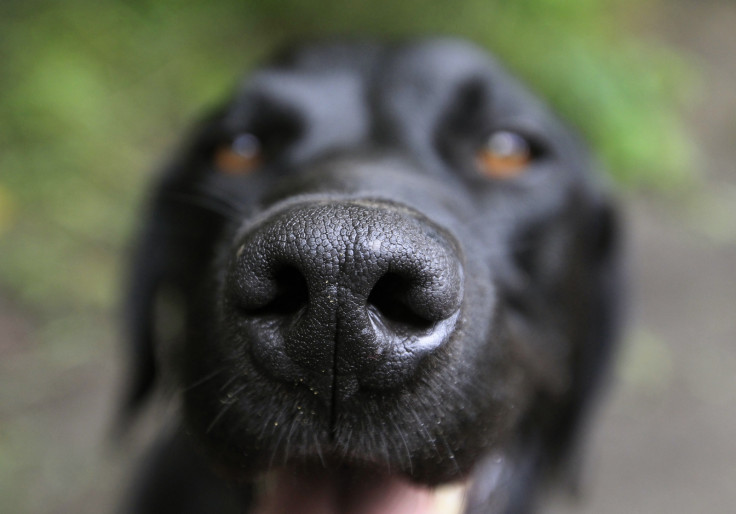Dogs' keen sense of smell may hold key to curing Parkinson's, Malaria and certain cancers
Their snouts can sniff out diseases years before the most advanced medical equipment.

Dogs may hold the future to curing a host of human diseases by sniffing out the symptoms years before the most advanced of medical apparatus can.
In what is one of the first projects of its type, two Labradors and a cocker spaniel will this month reportedly start trials to test whether they can detect the early signs of Parkinson's disease as the condition manifests itself with a subtle musky smell that appears years before the body starts to degenerate.
If they are able to do so, it means treatment could start before the brain is too badly damaged for drugs to treat the disease effectively, as is often currently the case.
Dr Monty Silverdale, a consultant neurologist and a researcher on the project at Manchester University, told the Sunday Times: "We have many potential treatments [for Parkinson's disease] but we need to get them started much earlier.
"You can compare it with cancer where the drugs also tend to work only if you get in early. The treatment of Parkinson's disease is 20 to 30 years behind cancer."
The dogs – Jack, a chocolate cocker spaniel; and Nan and Peanut, two black Labradors – will be tested on their ability to assess swabs from 700 people. Half of them will be diagnosed with Parkinson's disease and half will be a control sample.
Betsy Duncan Smith, wife of Ian Duncan Smith and a trustee at the charity Medical Detection Dogs, where the three dogs are housed, said that she believes the research will have profound consequences.
"We already know what an amazing sense of smell dogs have and how it protects us on a daily basis," she wrote in a blog post for the Hippocratic Post.
"Dogs are used extensively to sniff out explosives, illegal drugs and other contraband.
"Thanks to the pioneering work of Medical Detection Dogs ... we also know that dogs can detect the odour of human disease.
"Our research has demonstrated that they can do this with incredible accuracy. The charity's dogs routinely score around 95% accuracy rates and can find the odour in dilutions of up to a part per trillion – the equivalent of a drop of blood in an Olympic sized swimming pool."
She added that aside from Parkinson's disease, dogs were also able to sniff out certain cancers and Malaria – one of the world's most deadly diseases.
© Copyright IBTimes 2025. All rights reserved.






















